The World Health Organization (WHO)'s recently released Global Tuberculosis Report 2024 shows that Africa has made significant progress in treating tuberculosis, but huge challenges remain.
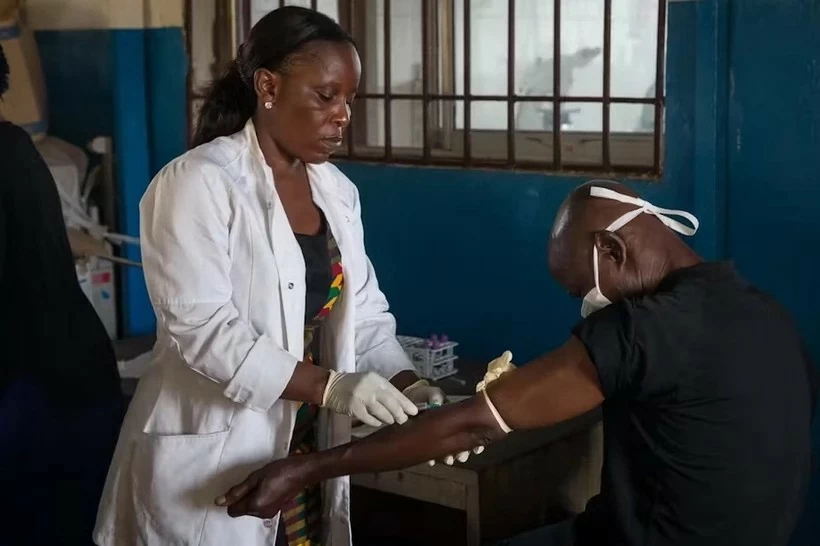 |
| Medical staff take blood for testing. (Source: Getty Images) |
Despite significant progress in TB treatment, African countries still face significant challenges in the fight against the world’s most infectious disease, the report says, including persistent poverty in high-burden countries, high infection rates among vulnerable populations, an inability to find and treat all missing cases, and a lack of funding.
According to the report, some countries in Africa have made significant progress in reducing TB-related morbidity and mortality. However, TB remains prevalent in poor regions such as Nigeria and the Democratic Republic of Congo, where the majority of cases are reported globally due to limited access to health care and high levels of poverty.
On the positive side, progress has been made in reducing TB deaths in the African region. The continent has seen the largest reduction in TB-related deaths since 2015 across all six regions – 42%. The European region is second, with TB deaths falling by 38% over the same period.
Africa and Europe also made the most progress in terms of infection figures, down 24% in Africa and 27% in Europe.
One of the main reasons for Africa’s success is progress in treating HIV patients, the report said, because tuberculosis is one of the most common opportunistic infections in HIV-infected patients.
Before antiretroviral drugs transformed the treatment of HIV patients, Africa had the highest rates of HIV-TB co-infection in the world. High mortality rates occurred among co-infected patients. At one point, HIV prevalence among TB patients was estimated to be as high as 90% in some areas of sub-Saharan Africa. Treatment of co-infected patients with antiretroviral drugs has contributed significantly to the reduction of TB-related morbidity and mortality on the continent.
However, the report notes that success in Africa varies by country. Nigeria and the Democratic Republic of Congo are among eight countries that will account for about two-thirds of the estimated global TB cases in 2023. Nigeria accounts for 4.6% of new cases globally, and the Democratic Republic of Congo accounts for 3.1%. Notably, both countries have high levels of poverty; are large, with large populations; and their health services are limited relative to the scale of the disease burden they face.
One reality in Africa the report highlights is that families of TB patients often have to bear costs such as medication, special food, transportation and lost income. Such costs sometimes discourage TB patients from seeking treatment.
The WHO report highlights that coordinated financing, improved diagnosis and local policy adaptation are critical to sustaining progress and overcoming barriers to TB control in Africa and globally.
Source



![[Photo] Bustling construction at key national traffic construction sites](https://vstatic.vietnam.vn/vietnam/resource/IMAGE/2025/5/2/a99d56a8d6774aeab19bfccd372dc3e9)






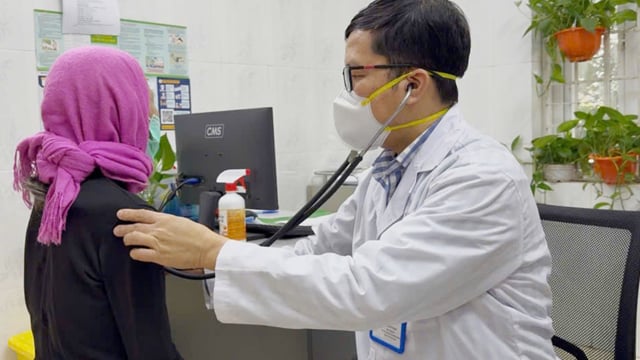









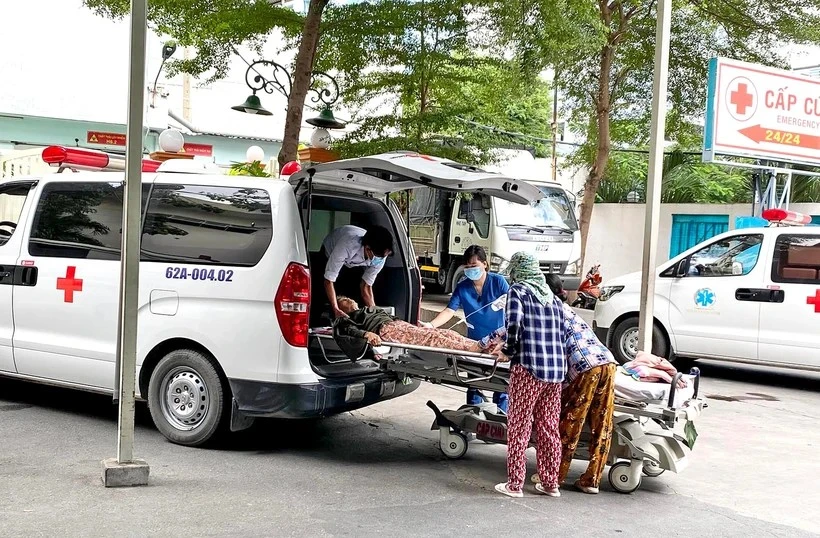

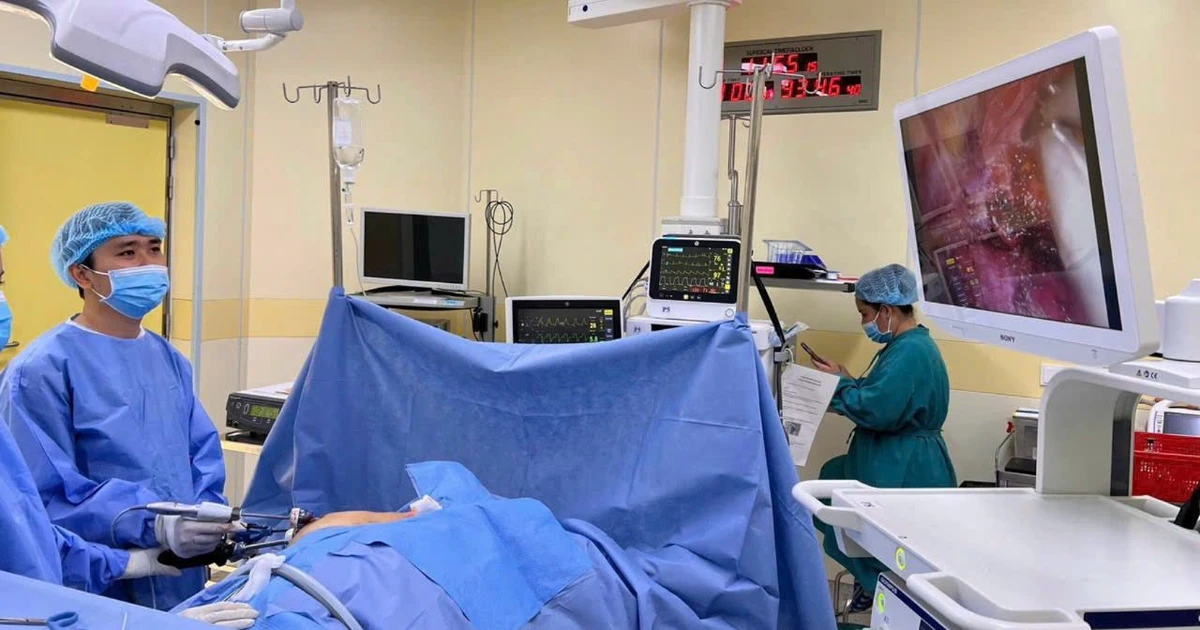










![[Photo] "Lovely" moments on the 30/4 holiday](https://vstatic.vietnam.vn/vietnam/resource/IMAGE/2025/5/1/26d5d698f36b498287397db9e2f9d16c)

![[Photo] Binh Thuan organizes many special festivals on the occasion of April 30 and May 1](https://vstatic.vietnam.vn/vietnam/resource/IMAGE/2025/5/1/5180af1d979642468ef6a3a9755d8d51)
































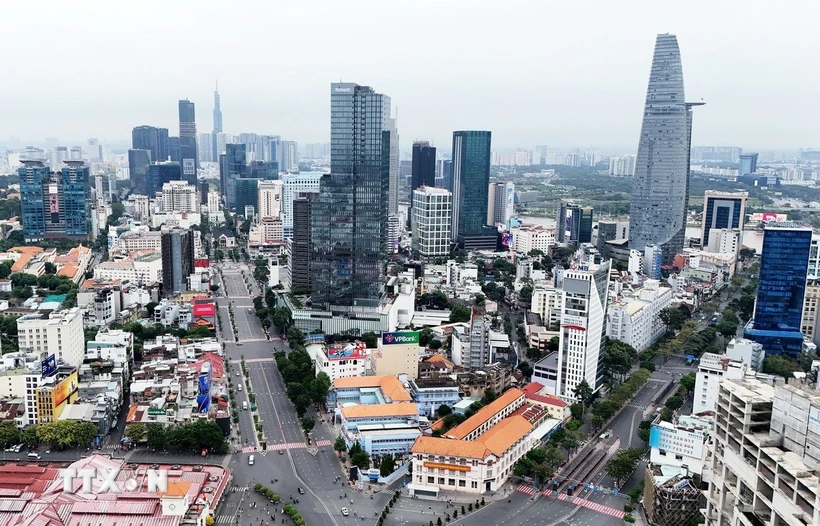



















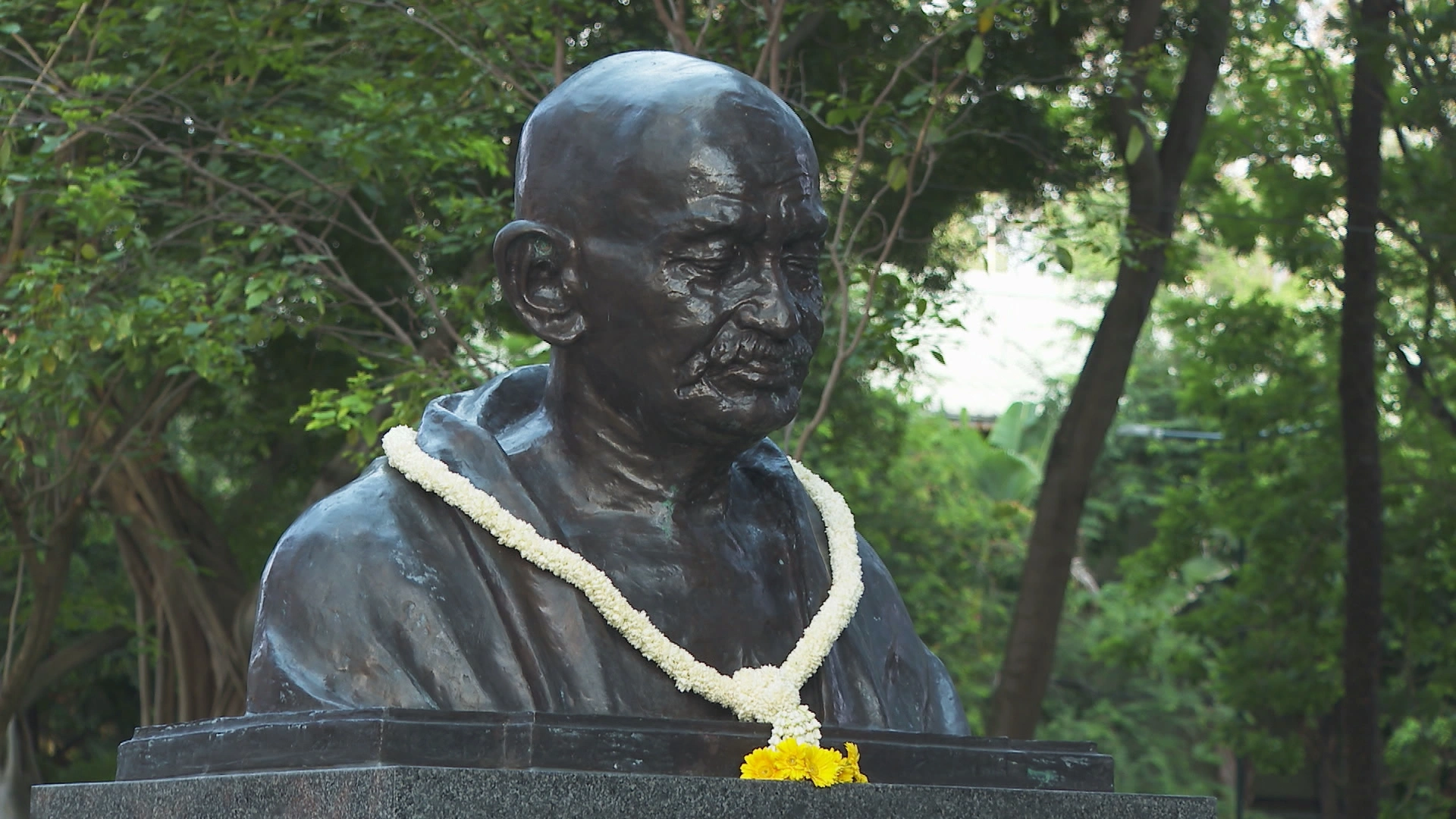













Comment (0)